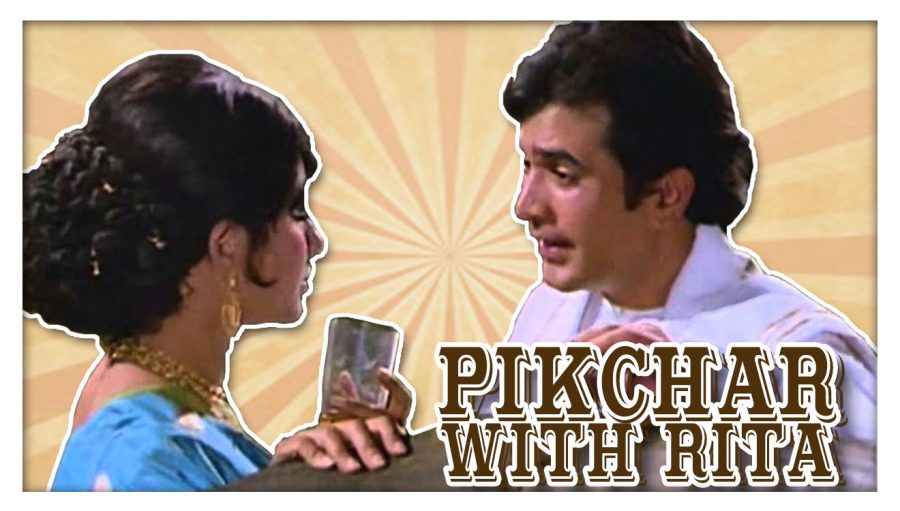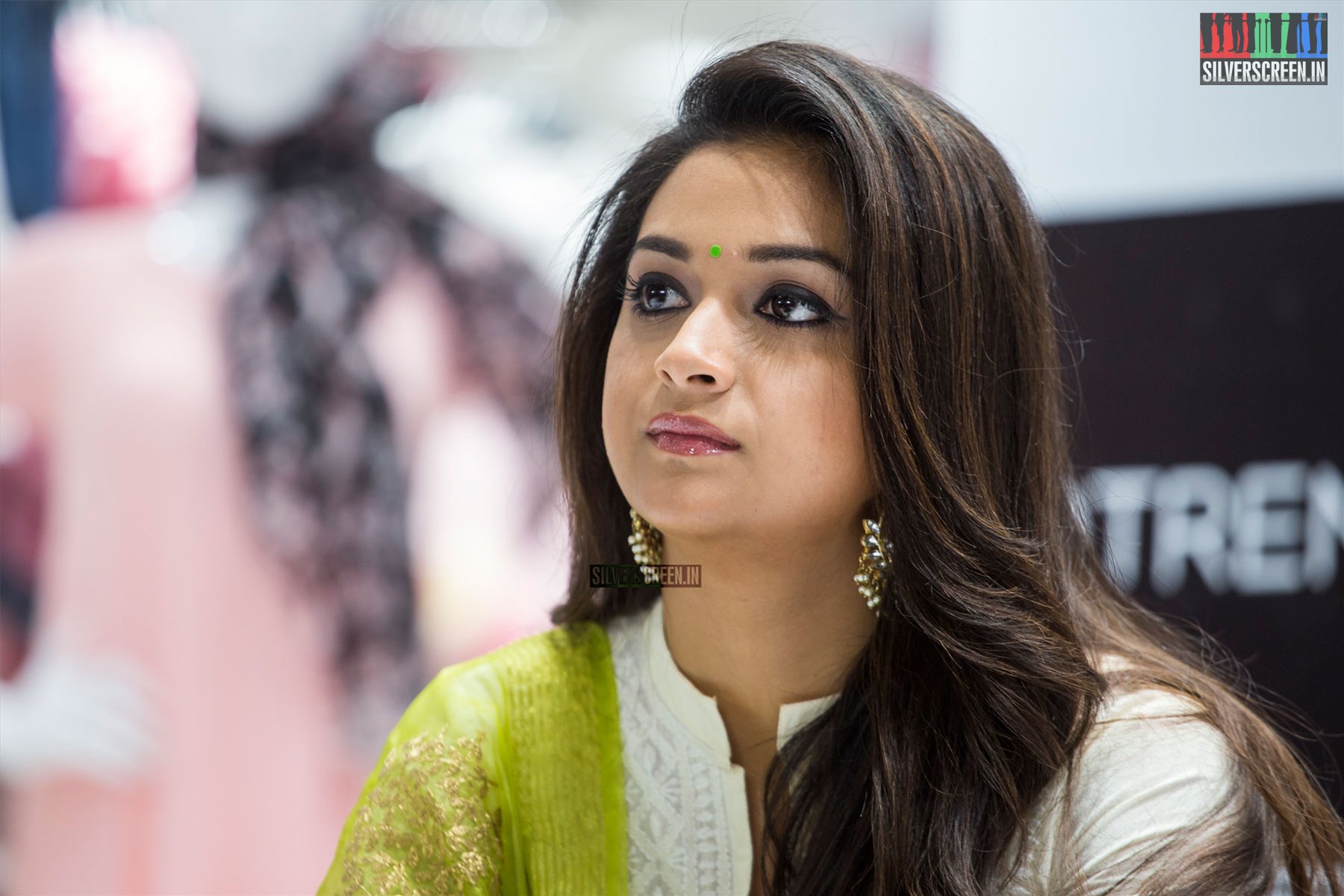If songs can be taken out of context, and perhaps only songs can be, Chingari koi bhadke to saawan use bujhaye/ saawan jo agan lagaye use kaun bujaye would be the best bet to do so. Anand Bakshi’s lyrics, Kishore Kumar’s voice and RD Burman’s music make this song from the film Amar Prem one of the most precious musical gifts.
However, the desire to wrench it out from its original context of a tender relationship between Rajesh Khanna and Sharmila Tagore’s roles is a tempting one. The thought was triggered by an accidental and fleeting presence of this song in an unlikely quarter, the 2003 Pakistani film Khamosh Pani (Silent Waters).
Based on the regime of General Zia Ul Haq from the late 1970s through the 1980s, the film is a critique of the move to make Pakistan an intolerant nation. The resonances of this film to our times are disturbingly real, and they also bring a realisation that we seldom manage to show the courage this film does. The song appears in this film at a time when young Saleem has been recruited into a radicalised Islamic group. The young men leading the campaign to make Pakistan pure, free from infidels and corrupting influences of other religions are products of the muscular nationalism introduced by General Zia Ul Haq.
The rhetoric of this new nation-in-the-making and ordinary people’s concerns with onions and wheat, with faint notes of songs playing in the background make for fascinating scenes in the film. During one such moment, Saleem joins his new friends on a visit to Lahore. Heady on both a masculine abandon and religious zeal that fills their aimless lives with a purpose, the four of them reach Lahore. Saleem is a village boy, hence distracted by shops in Lahore. Outside a shop, a television is playing the song Chingari koi bhadke.
The song has barely begun, when another image supersedes to hide it. It is the picture of General Zia, and a caption that says “the right man, the true Muslim.” The camera then immediately moves to the interiors of a large mosque where fiery speeches about making Pakistan a complete Islamic nation are being made, and women are warned to stay away from television. This quick, almost imperceptible and fleeting shuffle of meanings, sounds and images amid a busy street in Lahore cannot be without significance. Why this song, I wondered, and while its philosophical potential was always evident, it is its political meaning that unfolded through Khamosh Pani.
Recommended
The song from Amar Prem sets up a series of oppositions between those who are meant to guard, save, rescue, but end up in fact doing precisely the opposite – burn, assail, hurt. The ecology of nature is such that a spark can be extinguished by the rain, but there’s nothing you can do if the rain becomes the destroyer. When autumn ruins the garden, spring makes it better again. However, if the garden is ruined by spring, who will make it better?
When heads of state and institutions, that are meant to protect citizens, become the destroyers of the state, where does the court of appeal lie? Who can save destruction from the protectors? The song has suddenly acquired a new significance in authoritarian regimes.
Meanwhile, cinema posters and snatches of lyrics often appear in filmic background hazily, almost like whispers, challenging us to hear them, along with loud announcements.



